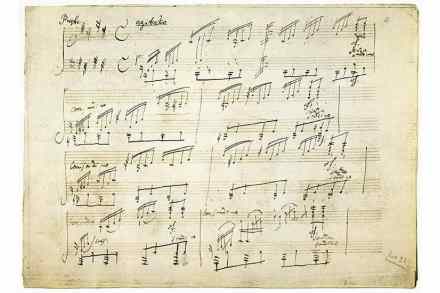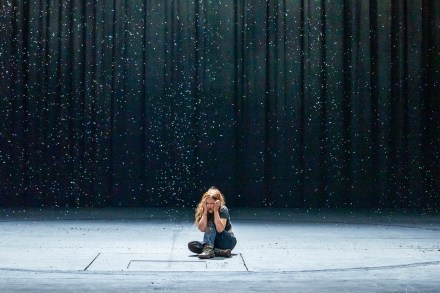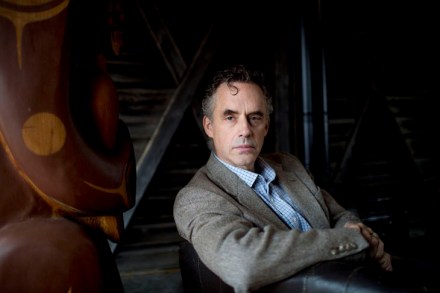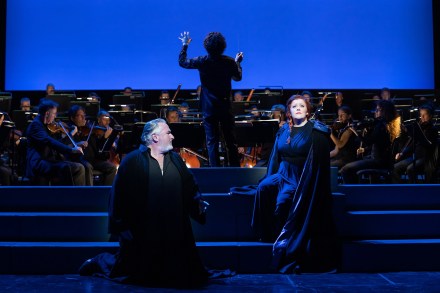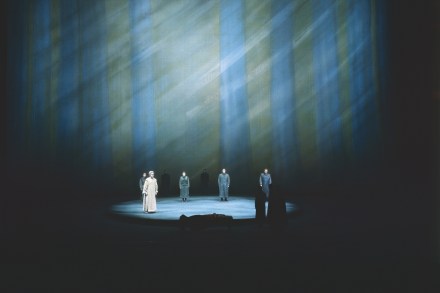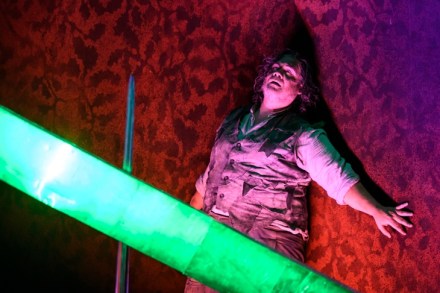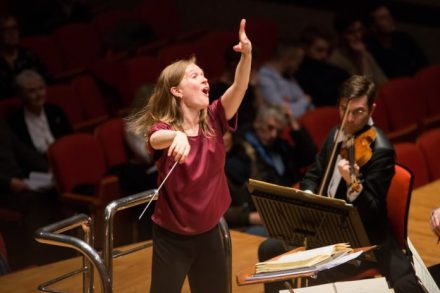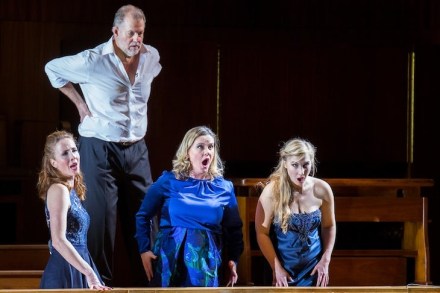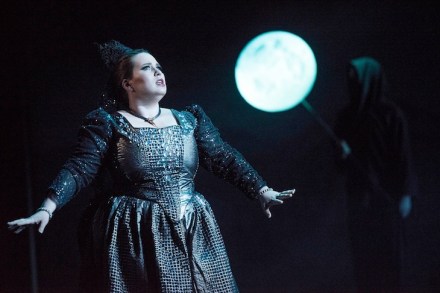The history of music – at breakneck speed
From Ladybird’s The Story of Music (a dinky 50 pages, generously illustrated) to Richard Taruskin’s five-volume epic The Oxford History of Western Music, the history of classical music has been sliced and stretched in print to fit every possible length, format and agenda. Andrew Gant’s Five Straight Lines joins the cluster of works jostling and elbowing at the midpoint of these extremes. The Oxford-based academic (whose previous books on carols and hymns have introduced us to a genial, approachable narrator, with a welcome glint in his eye), shouts no provocative argument or USP from his cover, makes no novel claims for his survey. This is, quite simply, a narrative of
